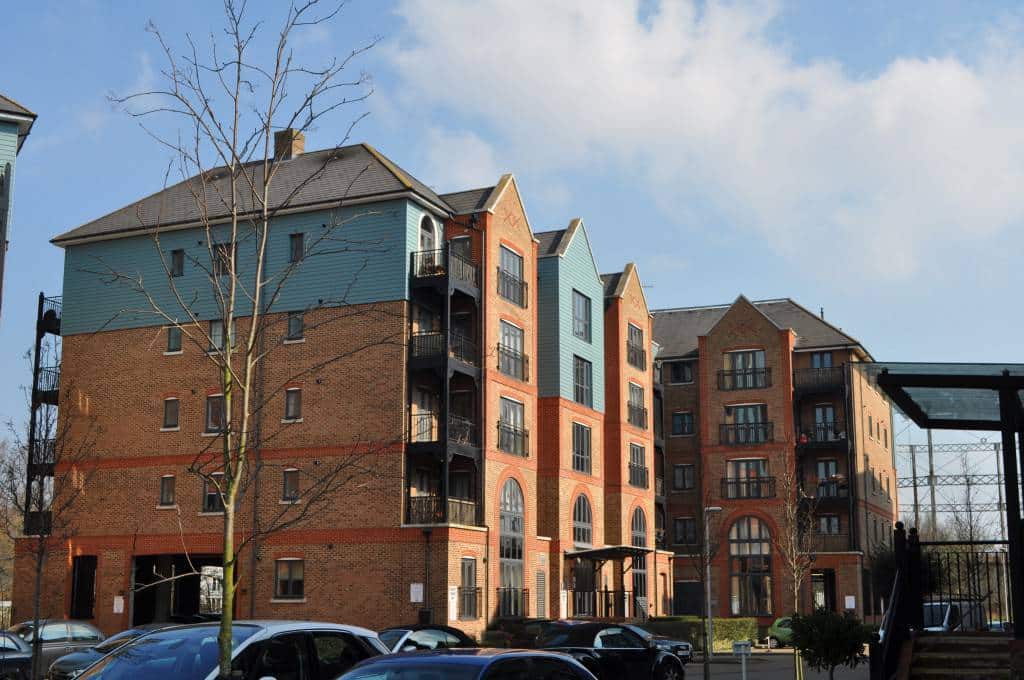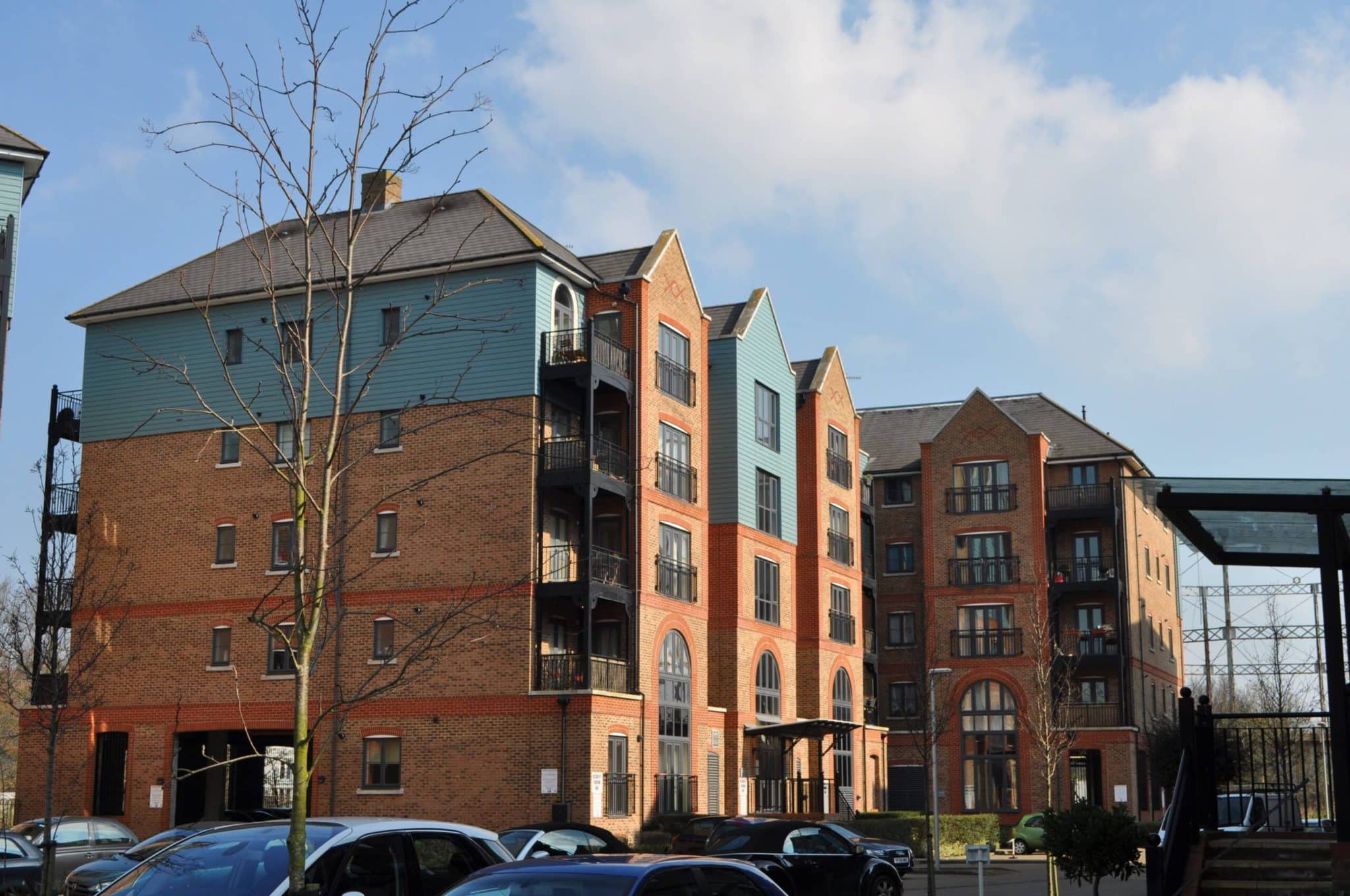
The Conservative Leader of Tonbridge & Malling Borough Council has criticised the Government’s housing policy, claiming that Westminster is not doing enough to tackle the lack of affordable homes in the region.
Speaking to the Times, Cllr Nicolas Heslop, 49, said too few properties in Tonbridge were attainable for those on below-average incomes.
In September 2015, council figures put average rent at £850. Currently, the average rent for a two bedroom property within a two mile radius of the town centre is £1,017 a month, according to property analysts Home.co.uk. This constitutes a 20 per cent increase in 15 months.
On a monthly rental of £1,000 a month, estate agents would be looking for a minimum household income of £30,000 from prospective tenants. The latest figures from Kent County Council put average weekly earnings in the borough at £510, or £26,520 a year.
And Cllr Heslop argues the Government’s current ‘Affordable Rent Scheme’, which allows housing associations to charge rates of up to 80 per cent of the private market rate, does not do enough to make property in Tonbridge affordable.
“I don’t agree with the Government policy on the rent levels that they are setting. I don’t think it takes account of the high cost of rent around here,” he said, asserting that a £1,000 a month flat that is discounted to £800 is still ‘not affordable’ to many people.
“Having a housing allowance of 80 per cent of the private rented sector around here is just not sustainable for many people.
“It should absolutely be a lower percentage.”
He admitted that recent new builds, such as the flats on Medway Wharf Road, were ‘controversial’ due to their high price – a two bedroom flat on the street costs around £1,050 a month.
When asked about the perception that those born in Tonbridge are being priced out of their home town, the Council Leader said:
“The fact this is an attractive town means people will want to live here. In a free market, how can you stop people moving in? Â “I don’t apologise for making this town attractive.”

Future strategyÂ
The council has planned for the building of 6,000 new homes in the borough by 2031. Of these 2,000 are earmarked for Tonbridge. Although Cllr Heslop concedes that when it comes to expanding residential areas, ‘you cannot please everyone’.
“Inevitably there are two conflicting feelings. One is ‘I don’t want housing in my back garden’, which is understandable.
“The other one is a recognition that we do need more housing, particularly for young people who find it hard to get on the market,” he said.
“There is always going to be a conflict between those emotions,” adding that delivering infrastructure, such as schools, roads and GP surgeries alongside residential properties is essential to minimise the development’s disruption.
He considers the council’s current approach to house building is ‘measured’: “The current life span of this growth is until 2031. This is not 6,000 homes a year, this is over the next 14 years.”
Currently, 40 per cent of a newly built development (of 15 homes or more) must be ‘affordable’, which the government defines as no more than 80 per cent of the average local market rent.
Overall, the target is not as great as neighbouring Tunbridge Wells who need to find room for more than 15,800 homes by 2033.
Robert Gordon-James, Director of Martin & Co estate agents, said: “There has been a quite an increase of available properties in the private rental sector in Tonbridge over the last five years, however, these are nearly all taken by applicants who are working and have an income of at least two and a half times the annual rent.
“For us, our average monthly rent is £1,000 so this requires the applicants to be earning £30,000 per household. In addition the vast majority of landlords do not want housing benefit applicants or those on partial housing benefit payments.”








